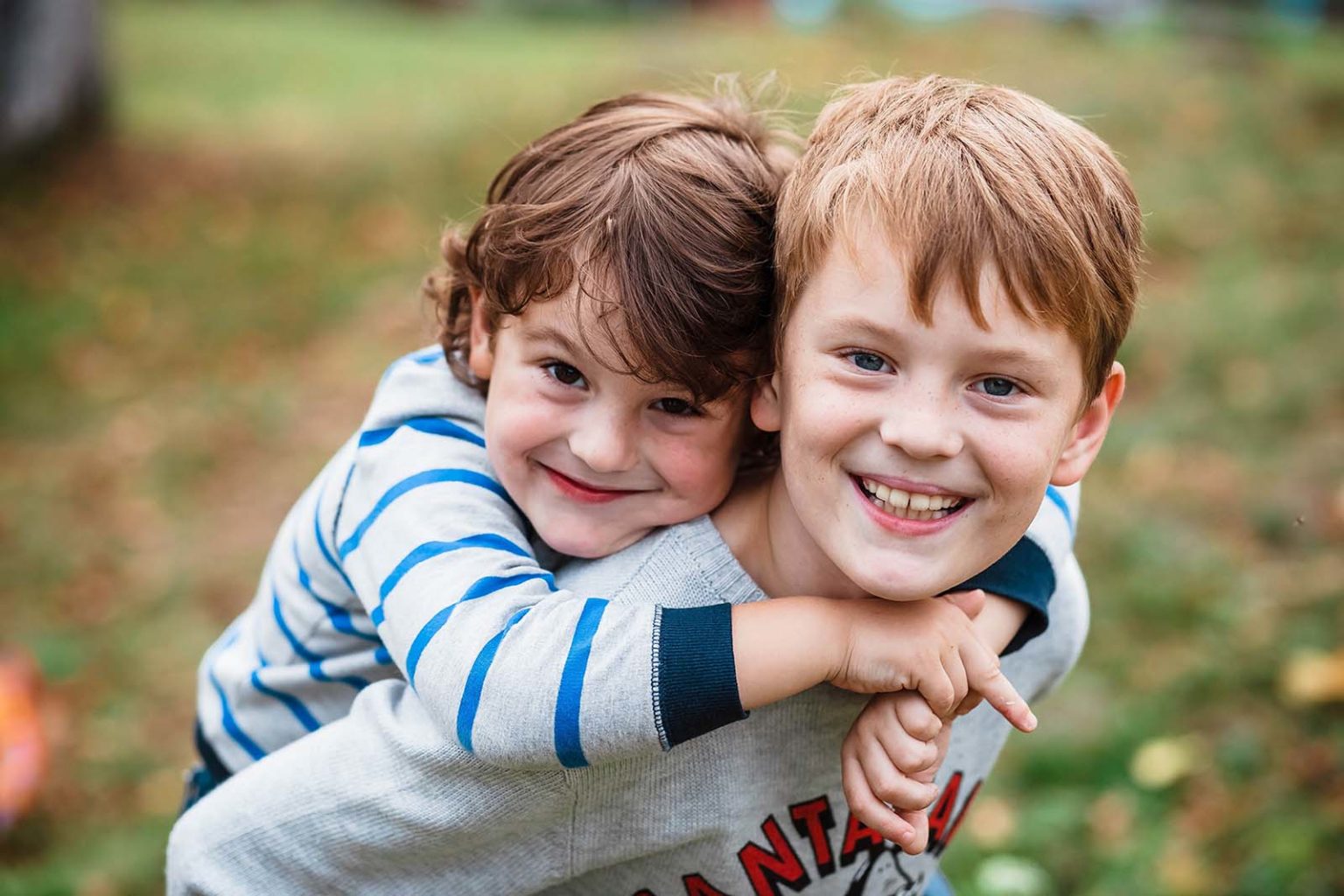
In the 1960’s a pop group called the Hollies penned the line “He Ain’t Heavy, He’s My Brother”, which was meant to describe a physically or emotionally stronger person who is there for you no matter what. Quite often in everyday life this person is a brother or sister.
It is sometimes forgotten how important a strong sibling relationship can be in terms of support and a shared understanding of birth family dynamics. Whilst sibling rivalry can be regarded as a negative because it is often seen as purely a battle to win their parents love and respect it is also an indication of their ability to openly express their wants and needs. Work from the University of Cambridge’s Centre for Family Research has shown that sibling rivalry can boost mental and emotional development, increase maturity and enhance social skills. Although it may not appear to be the case at the time the more that siblings upset each other, the more they learn about regulating their emotions and how they can affect the emotions of others. The more they point-score, the more it can motivate them to achieve.
Being closer in age siblings may tell each other things that they may be reluctant to talk about with their parents. Things they may wish to share with their siblings could include friendships and/or relationships at school that they feel their parents might be judgemental about. It could also include more serious things such as experimenting with drugs, fears about pregnancy or sexually transmitted diseases, self-harming behaviours or confusion about their sexuality. Siblings can serve as a sounding board for one another before trying things out in social settings or confiding in their parents.
With a looked after child maintaining relationships with siblings can prove challenging but efforts should be made to encourage positive sibling relationships. Sometimes, where more than one is placed in care it can be the case that siblings are split. It can also be the case that one sibling is placed in care and the other is left at home with birth family. This can cause friction but every effort should be made to maintain the sibling relationship because at 18 years of age a young person in the care system is no longer classed as being looked after and they become increasingly reliant on their own support networks. If parents, step parents or other adult relatives were the cause of entry into the care system then any sibling relationship can prove to be an essential form of support post 18, even if it is just emotional rather than practical or financial.
If a child has lived in a dysfunctional family it is often a sibling that the child will confide in or seek support from because they are usually the one who has the most similar experience of what being part of that family is like.
The connection between siblings is maybe best described as the comfort you feel when you sit in the same room with your sibling, in pure silence, yet you both know how the other is feeling even if you haven’t seen each other for ages. It’s the knowledge that, at the end of the day, you’ll always be able to call on that person for support. Most people will never know another human being for as long as they know their brother or sister. Whether they fought constantly throughout adolescence, lost touch for a period of their adult lives or remained incredibly close and connected from day one, the connection to their sibling (or siblings) will always be important. A sibling relationship is often our longest lasting relationship, often longer than with our parents or our spouse and usually longer than any relationship with close friends.
I started this blog with reference to a song and feel it is appropriate to finish with another song reference. Diana Ross sang a song called “When we grow up” and the final verse is,
“And when we grow up, do you think we’ll see
That I’m still like you and you’re still like me?
I might be pretty; you might grow tall.
But we don’t have to change at all.
Spoken: I don’t want to change, see, ’cause I still want to be your friend, forever and ever and ever.”

Your data will be used in accordance with our Privacy Notice